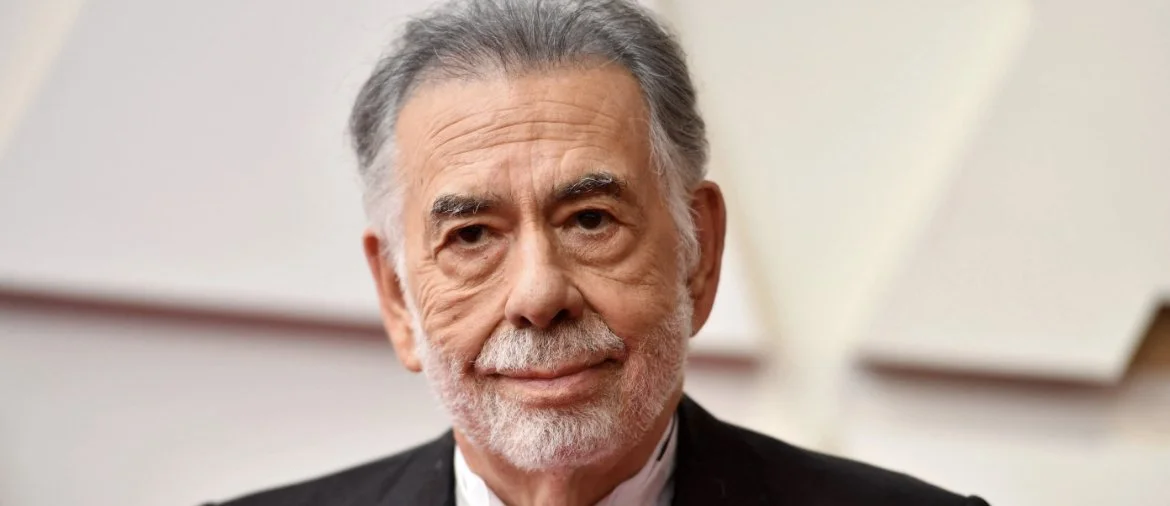When it comes to the future of movies, not many seem optimistic about the direction the industry is currently headed in.
Don’t tell that to Francis Ford Coppola. When asked where he sees cinema going ten years from now, his outlook is incredibly positive, in fact, according to him, the best is yet to come:
My hunch is that we’re on the verge of a golden age. Wonderful and illuminating cinema seen in large theaters.
Coppola didn’t expand on these thoughts, but why would he be so rosy? No coincidence that he also tackled ‘Barbenheimer’. Here are Coppola’s thoughts on the viral ‘Barbenheimer’ phenomenon:
I have yet to see them (“Barbie” and “Oppenheimer”), but the fact that people are filling big theaters to see them and that they are neither sequels nor prequels, no number attached to them, meaning they are true one-off’s, is a victory for cinema.
Last night, as the news of Sony’s 2023 delays broke, I pondered what the ramifications of the current actors and writers strike could potentially have on a movie industry continuously churning out dumbed down product for the masses:
“I hope this strike demolishes the big studio system for good. We need a good old fashioned dismantling and to rebuild it from scratch, which is what happened in the late ‘60s — this paved the way for a great decade of moviegoing in the ‘70s. I know, wishful thinking, but one can dream.”
By the early ‘60s, Hollywood studios were solely using spectacle to retain profitability in their movies. However, audiences started to sour, and shares stumbled to record-low levels by the mid-1960s. Sounds familiar?
Desperation was in the air, the studios panicked, an economic downturn was afoot, and, after the losses from expensive movie flops, innovation and risk-taking enter the fray. Coppola was at the forefront of this movement, dubbed New Hollywood.
I’m thinking either ‘Barbenheimer’ is the beginning of a new and exciting phase in American cinema, or it could be the final stretch of a dying medium.






